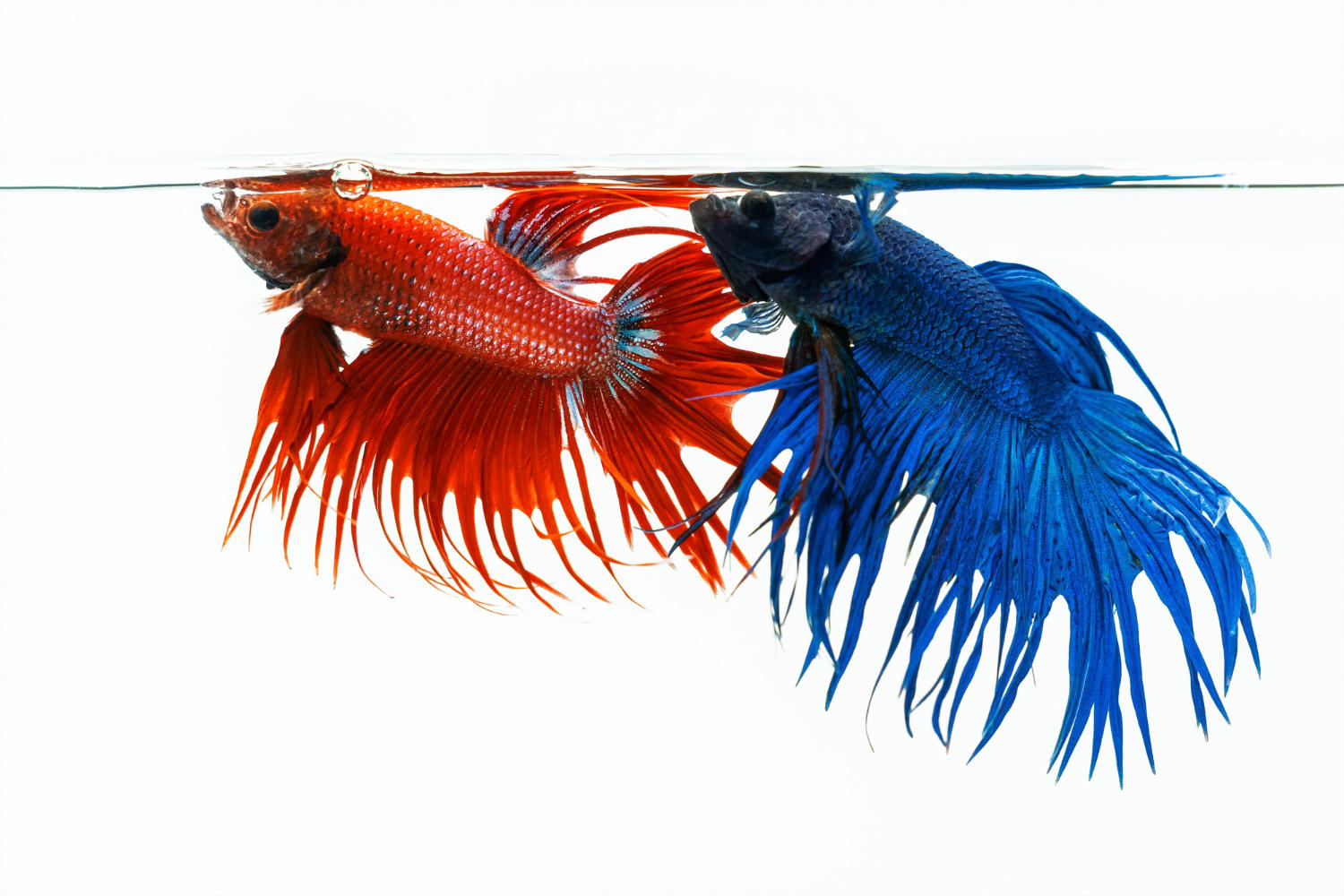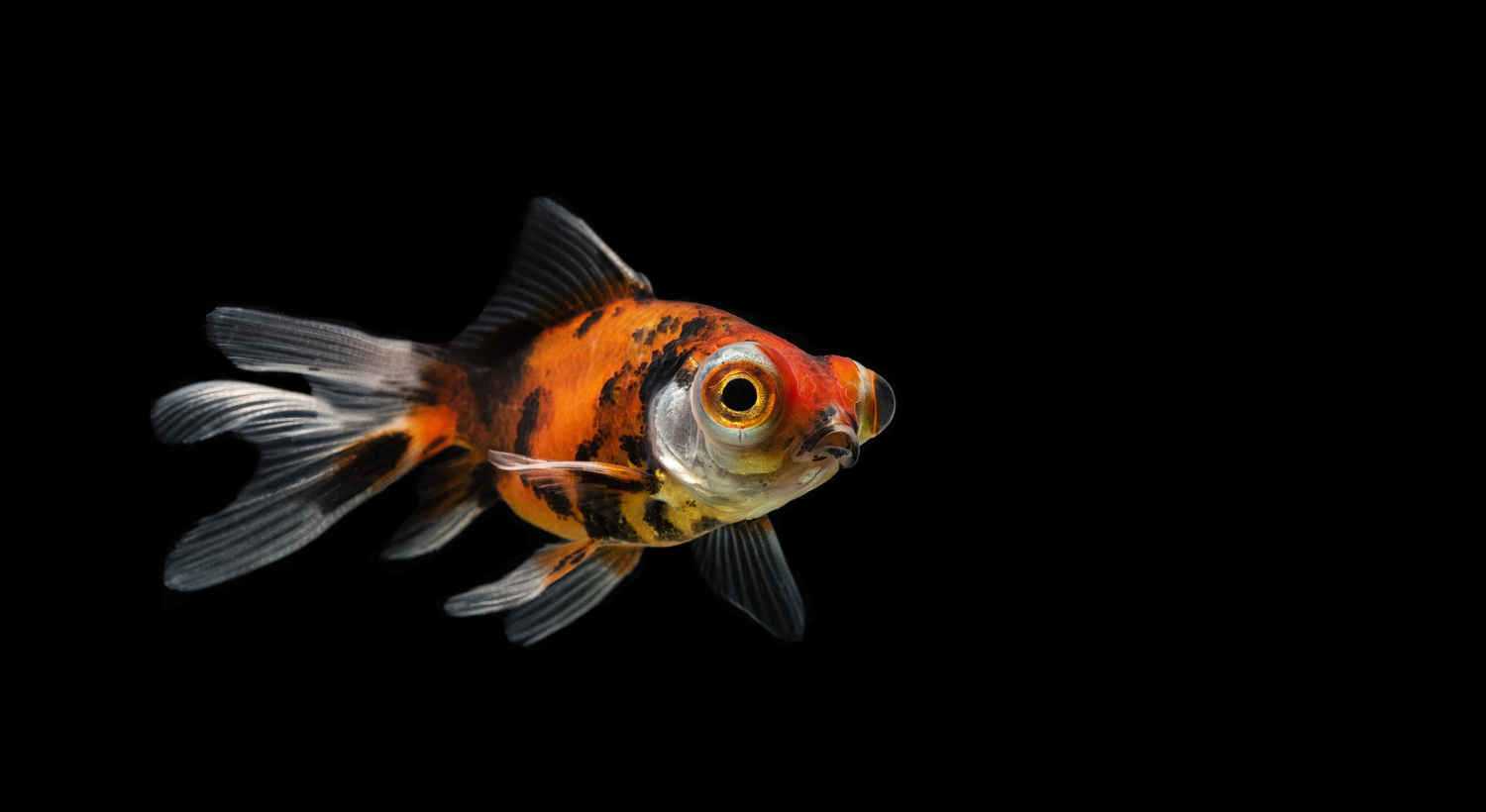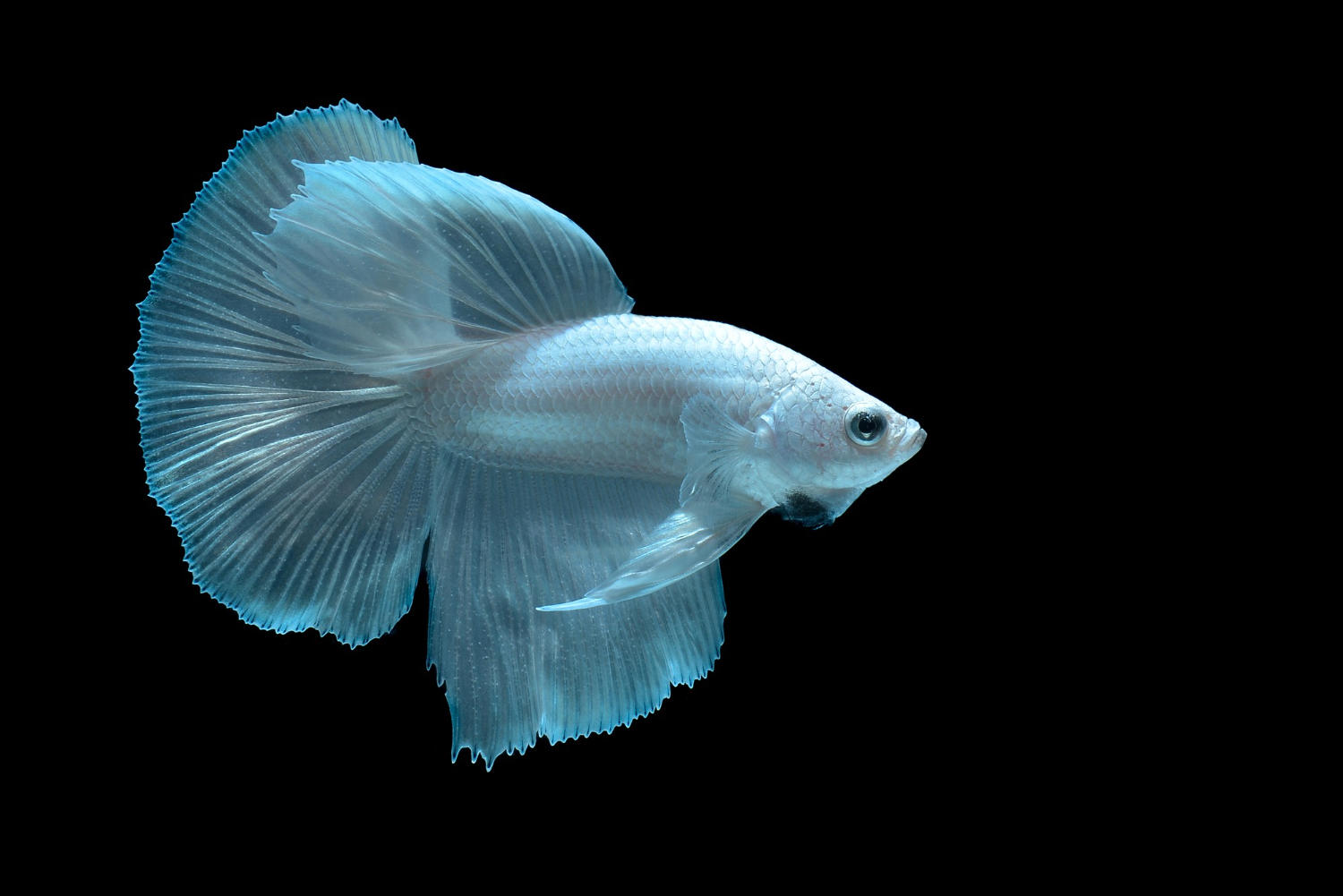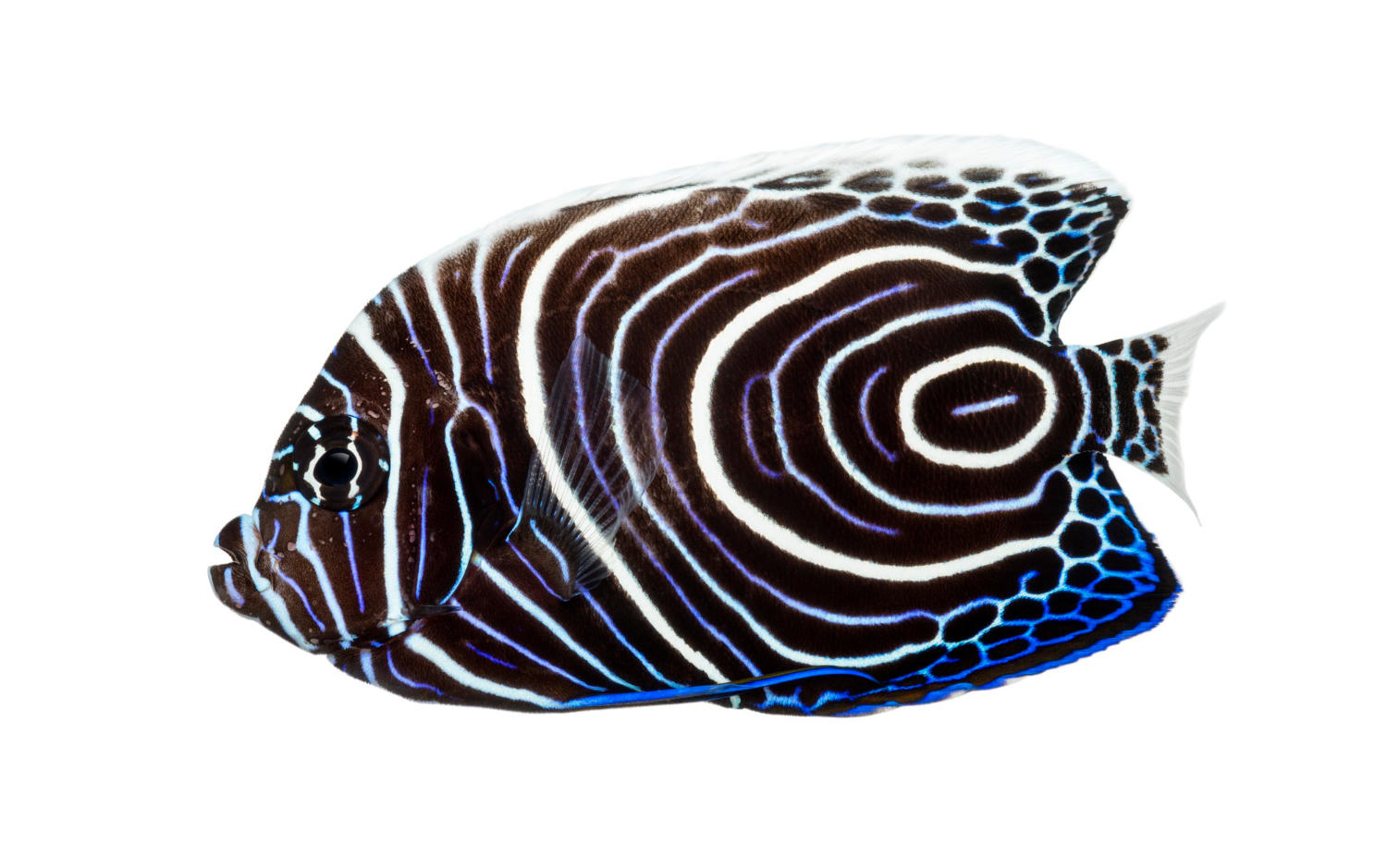When it comes to keeping fish as pets, one of the most important aspects of their care is maintaining a clean and healthy environment for them to thrive in. One common tool used by many fish keepers is a filter, which helps to remove harmful toxins and waste from the water. But have you ever wondered if fish can live without a filter? Is it really necessary or just a luxury for our aquatic friends? In this blog post, we’ll explore the question of whether fish can survive without a filter and what you need to know to keep your fish happy and healthy. So, let’s dive in!
Fish tanks can be a beautiful addition to any home. They add life, color, and movement to a room, and can be incredibly calming to watch. If you’re considering setting up a fish tank, you may be wondering if your fish really need a filter to survive. The short answer is yes, but let’s dive a little deeper.
Why do fish tanks need filters?
Fish produce waste in the form of ammonia, which can be toxic to them if it builds up in the water. A filter helps to remove this waste, along with uneaten food, dead plant matter, and other debris. The filter also helps to aerate the water, ensuring that there is enough oxygen for the fish to breathe.
Without a filter, the water in your fish tank will quickly become dirty and cloudy, and the levels of ammonia will rise. This can cause your fish to become stressed and sick, and can even lead to fish fatalities.
What are the different types of filters?
There are several different types of filters available for fish tanks, each with their own strengths and weaknesses. Here are the most common types:
- Hang-on-back filter: This is the most common type of filter, and is often included with starter fish tank kits. It hangs on the back of the tank, and draws water up through a tube and into the filter. The water is then cleaned and returned to the tank.
-
Canister filter: This type of filter is a bit more expensive, but is more powerful and can handle larger tanks. It sits outside the tank, and pumps water through a hose and into the filter. The water is then cleaned and returned to the tank.
-
Internal filter: This type of filter is small and compact, and sits inside the tank. It draws water in through a tube, cleans it, and then returns it to the tank. Internal filters are best for smaller tanks.
 - Copy.jpg)
- Sponge filter: This type of filter is very simple, and consists of a sponge that is attached to an air pump. The air pump draws water through the sponge, and the sponge acts as a filter. Sponge filters are best for small tanks or breeding tanks.
Which type of filter is best for you will depend on the size of your tank, the type of fish you have, and your budget.
What else can you do to keep your fish healthy?
While a filter is an essential part of keeping your fish healthy, there are other things you can do to ensure that they thrive. Here are some tips:
- Do regular water changes: Even with a filter, you’ll need to change the water in your fish tank regularly. How often you need to do this will depend on the size of your tank and the number of fish you have. As a general rule, aim to change 10-20% of the water every week.
-
Don’t overfeed your fish: Overfeeding your fish can lead to excess waste in the tank, which can overwhelm the filter. Only feed your fish what they can eat in a few minutes, and don’t leave uneaten food in the tank.
-
Choose the right fish for your tank: Different types of fish have different requirements when it comes to tank size and water conditions. Do your research before choosing fish for your tank, and make sure that they are compatible with each other.
-
Monitor the temperature and pH of the water: Fish are sensitive to changes in water temperature and pH. Use a thermometer and pH testing kit to ensure that the water in your tank stays within the appropriate range for your fish.
Overall, while it may be tempting to skip the filter when setting up a fish tank, it’s essential for the health and wellbeing of your fish. A filter helps to remove waste from the water, ensuring that it remains clean and oxygenated. There are several different types of filters available, and which one you choose will depend on the size of your tank and your budget. Along with a filter, regular water changes, proper feeding, and monitoring the temperature and pH of the water are all important for keeping your fish happy and healthy.
After discussing the importance of filters for fish tanks and the possible alternatives, it’s clear that filters play a crucial role in maintaining a healthy aquatic environment. While some fish may survive for a short period without a filter, it’s not recommended to leave them without one for an extended period. Filters help to keep the water clean, remove toxins, and provide aeration, which are all essential for fish survival and well-being. So, if you want to keep your fish healthy and happy, invest in a good quality filter and keep your tank clean and well-maintained. Your fish will thank you for it!
Please follow us on Social Media


%20-%20Copy.jpg)
%20-%20Copy.jpg)
.jpg)



